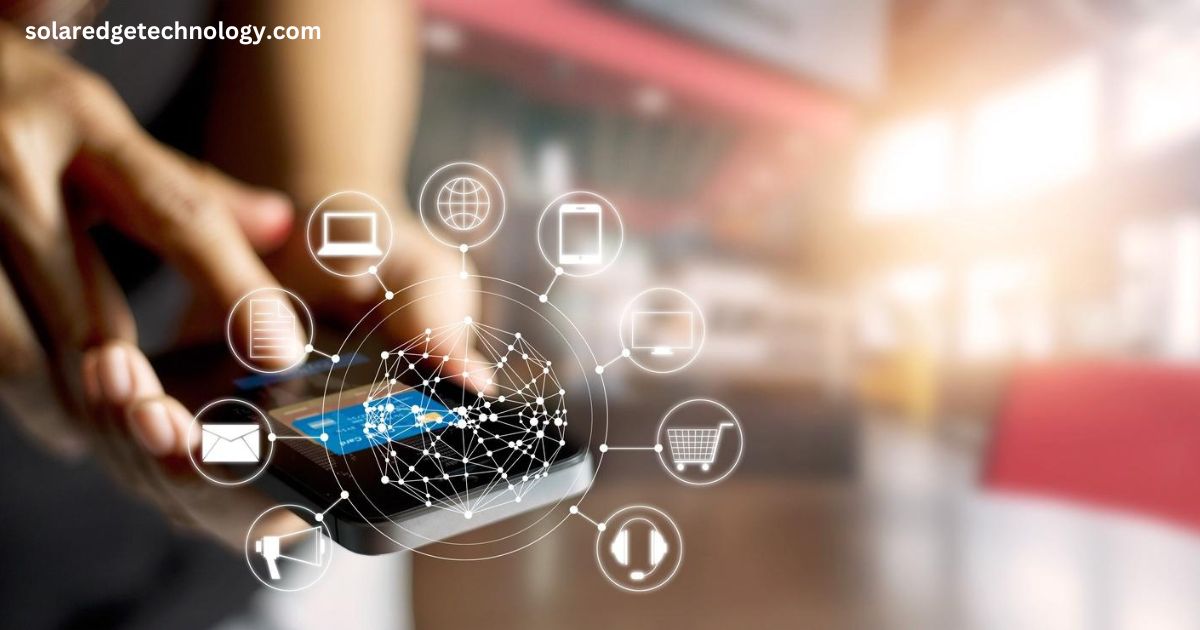Picture a world where your smartphone syncs effortlessly with your refrigerator, your thermostat anticipates your preferences, and your favorite show plays on command—all without lifting a finger. This isn’t a sci-fi dream; it’s the reality of today’s consumer electronics, reshaped by cutting-edge technology. Over the past few decades, we’ve seen an extraordinary transformation in the devices that power our lives, becoming smarter, more efficient, and tailored to our needs. Let’s explore the trends and innovations driving these changes and how they’re impacting our daily routines.
The Journey of Consumer Electronics
Consumer electronics have evolved dramatically from simple gadgets like radios and televisions to sophisticated ecosystems of interconnected devices. Early electronics provided entertainment and convenience, but modern devices redefine what’s possible. Smartphones, wearable tech, and smart home systems now enrich our productivity, connectivity, and daily experiences. This evolution reflects the rapid pace of technological advancement, enabling more integrated and intelligent solutions.
Key Takeaways
- Enhanced Connectivity: Devices are now interconnected through the Internet of Things (IoT), creating seamless ecosystems like smart homes and wearables.
- Personalized Experiences: AI and machine learning allow electronics to adapt to user preferences, offering tailored solutions and improving usability.
- Energy Efficiency: Modern consumer electronics are designed with sustainability in mind, using energy-efficient components to reduce power consumption.
- Improved Functionality: Advancements in technology have enabled devices to perform multiple functions, improving convenience and productivity.
- Immersive Innovations: AR and VR technologies have revolutionized entertainment and retail, offering users engaging and interactive experiences.
- Cost-Effective Solutions: Over time, advancements have reduced production costs, making high-tech devices more affordable for consumers.
- Durability and Performance: Modern materials and designs ensure consumer electronics are more durable and perform better than ever before.
Key Advancements Shaping Consumer Electronics
1. Artificial Intelligence (AI) and Machine Learning
AI has transformed consumer electronics by making devices smarter and more adaptive. Personal assistants like Alexa and Siri not only respond to commands but also learn preferences to offer personalized solutions. From suggesting playlists to managing household tasks, AI-driven devices elevate convenience and functionality.
2. Internet of Things (IoT)
The IoT has revolutionized connectivity, linking everyday devices to create smart homes. Imagine controlling your thermostat, lights, and security system from your phone—this is the power of IoT. Smart refrigerators can track groceries, while IoT-enabled energy systems optimize consumption for sustainability.
3. Augmented Reality (AR) and Virtual Reality (VR)
AR and VR are redefining entertainment, shopping, and education. Virtual fitting rooms allow customers to “try on” products online, while VR gaming offers immersive experiences. Devices like the Oculus Rift showcase how AR and VR are enhancing engagement and interaction.
4. Energy Efficiency
Technological advancements prioritize sustainability. Energy-efficient devices, such as LED TVs and eco-friendly smart gadgets, help reduce power consumption and environmental impact. These innovations align functionality with a commitment to preserving resources.
5. Enhanced Performance and Durability
Modern materials and components, like gallium nitride (GaN) semiconductors, enhance performance and durability. These technologies ensure devices operate efficiently while lasting longer, offering better value for consumers.
Traditional vs. Modern Consumer Electronics
| Feature | Traditional Devices | Modern Devices |
|---|---|---|
| Connectivity | Limited, standalone | Seamless integration |
| User Interface | Basic controls and buttons | Touchscreens, voice commands, AI |
| Energy Consumption | Higher power usage | Energy-efficient designs |
| Functionality | Single-purpose | Multi-functional, adaptive |
| Personalization | Minimal customization | AI-driven tailored experiences |
How Consumers Benefit
- Improved Functionality: Enhanced features make tasks faster and easier.
- Cost-Effectiveness: Advancements lower production costs, making devices more affordable.
- Personalized Experiences: Adaptive technology caters to individual preferences.
- Better Sustainability: Energy-efficient devices help consumers reduce their carbon footprint.
Actionable Tips for Navigating New Technology
- Stay Informed: Follow tech updates to identify trends that match your needs.
- Focus on Security: Use strong passwords and keep devices updated.
- Choose Sustainability: Opt for energy-efficient models to save energy and reduce costs.
- Join Communities: Share experiences and learn from others in online tech forums.
Embrace the Future of Consumer Electronics
Technology continues to push the boundaries of what’s possible in consumer electronics. As devices become smarter, greener, and more connected, they enhance our lives in ways we once only imagined. The future is bright, and the opportunities are endless.
What’s next? Stay curious, explore new innovations, and embrace the tools that elevate your everyday life.
Enjoyed this article? Share it with others and join the conversation by leaving a comment below! For more insights into the latest tech trends, explore our blog.
Conclusion
Advancements in technology have profoundly impacted consumer electronics, making devices smarter, more efficient, and accessible. As innovation continues, the line between the digital and physical world will blur further, ushering in an era of unprecedented convenience and connectivity. For consumers, staying informed about these trends is key to making the most of the incredible opportunities that technology offers.
